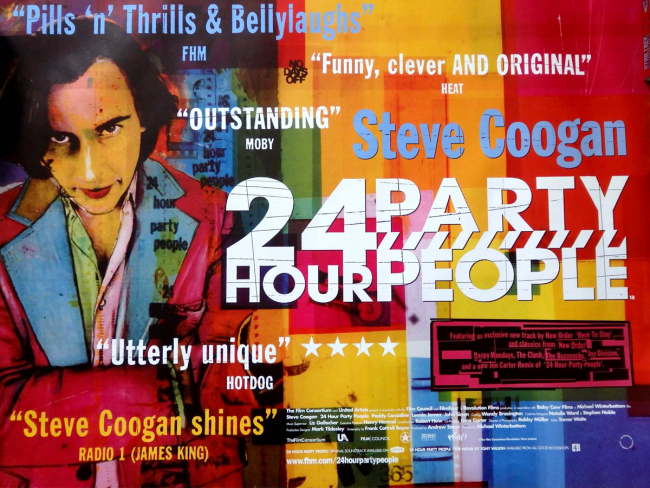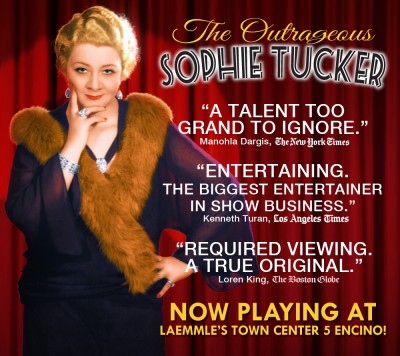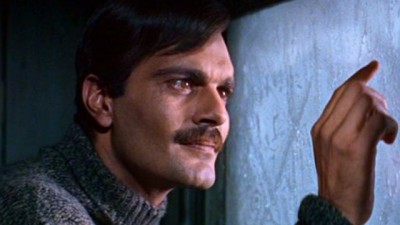Next Friday, September 11th we’ll be opening a French comedy that stars the wonderful actress Bernadette Lafont in one of her last performances, playing the title character in PAULETTE. A brash and opinionated retiree, Paulette lives alone in a housing project on the outskirts of Paris. One evening, upon observing some mysterious dealings outside her building, she discovers a surprising way to supplement her meager pension: an unlikely but successful career selling cannabis.
Writing in Film Journal International, Doris Toumarkine wrote that “PAULETTE offers a heap of laughs and ultimately delights like a shelf of colorful fresh pastries.”
In his L.A. Weekly review, Chuck Wilson wrote that Lafont “died in 2013, at age 74, one year after PAULETTE became a hit in France. A working actress since she was 19 [IMDB lists 190 credits over the course of her career], Lafont was at the forefront of the French New Wave, with François Truffaut, who discovered her, once calling her, lovingly, ‘a wild child.’ It would appear that she remained so all her working life.”



